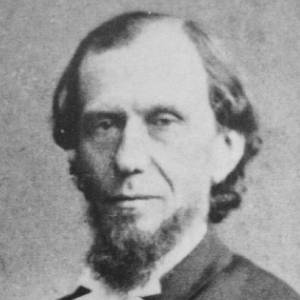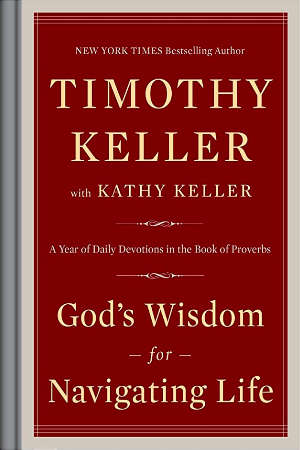Andrew Murray was a man wholly consecrated to God. Born in 1828, of missionary parents serving in South Africa, Andrew was blessed with a rich spiritual heritage, a keen intellect, and a happy disposition.
His godly father played an important role in his spiritual development and that of his ten siblings. At ten years of age, Andrew and his older brother were sent to study in Aberdeen, Scotland, where they lived with their uncle, a devout Christian minister. Under the godly influence of their uncle and his colleagues, both boys eventually pursued the ministry as their vocation.
During his subsequent years of study at the University of Utrecht, in Holland, Andrew experienced a true spiritual conversion—an encounter that gave him great assurance of a personal relationship with the Lord.
Andrew told his father in a letter that he had been “born again.”
In 1848, at just twenty years of age, Murray was ordained by the Dutch Reformed Church. His first congregation was located in the frontier town of Bloemfontein, South Africa. While sparsely populated, his parish covered several thousand square miles. In spite of his youth, Andrew quickly won the hearts of the Dutch colonists.
In March 1855, while staying in the home of a godly layman, Andrew became acquainted with the man’s daughter, Emma Rutherford. Within a few weeks he had proposed, and they were married in July 1856.
Emma was very accomplished in music, literature, and the arts. A godly woman who loved people, she was well-suited to the ministries of hospitality and pastoral care that she assumed. She and Andrew raised four sons and four daughters.
In 1860, they moved to Worcester to take a new congregation. A revival broke out in that church, which would later be known as the Great Revival of 1860.
Respect for Andrew Murray continued to grow within his denomination, and in 1864, he became joint pastor for a large Dutch Reformed church in Cape Town. Besides his pastoral work, he found many expressions for ministry, including social work among the poor, establishing schools, and serving on international church councils.
In time, Andrew’s exhausting schedule exacerbated his already weakened health, and he was offered a call to a much smaller congregation, which he accepted. From the small parsonage in Wellington, Andrew Murray’s ministry spread around the world as he began to set to paper his spiritual insights.
His thoughts and ideas concerning the deeper life, church renewal, and revival flowed from his pen like a river, producing many books that were eventually translated into several languages.
Emma died at the age of seventy, in 1905, and Andrew retired from the pastorate the following year, while continuing to write, speak, and travel. Then in 1917, at the age of eighty-eight, Andrew passed into the presence of the Lord.
Murray’s messages, which have circled the globe, changing countless lives, are from a man who was both ordinary and extraordinary.
The rich legacy of Andrew Murray’s life continues to bless people even today. His ageless insights into the kingdom of God encourage us to pursue a deeper life of fellowship with Christ.
Andrew Murray
Andrew Murray was a man wholly consecrated to God. Born in 1828, of missionary parents serving in South Africa. Murray’s messages, which have circled the globe, changing countless lives, are from a man who was both ordinary and extraordinary.







